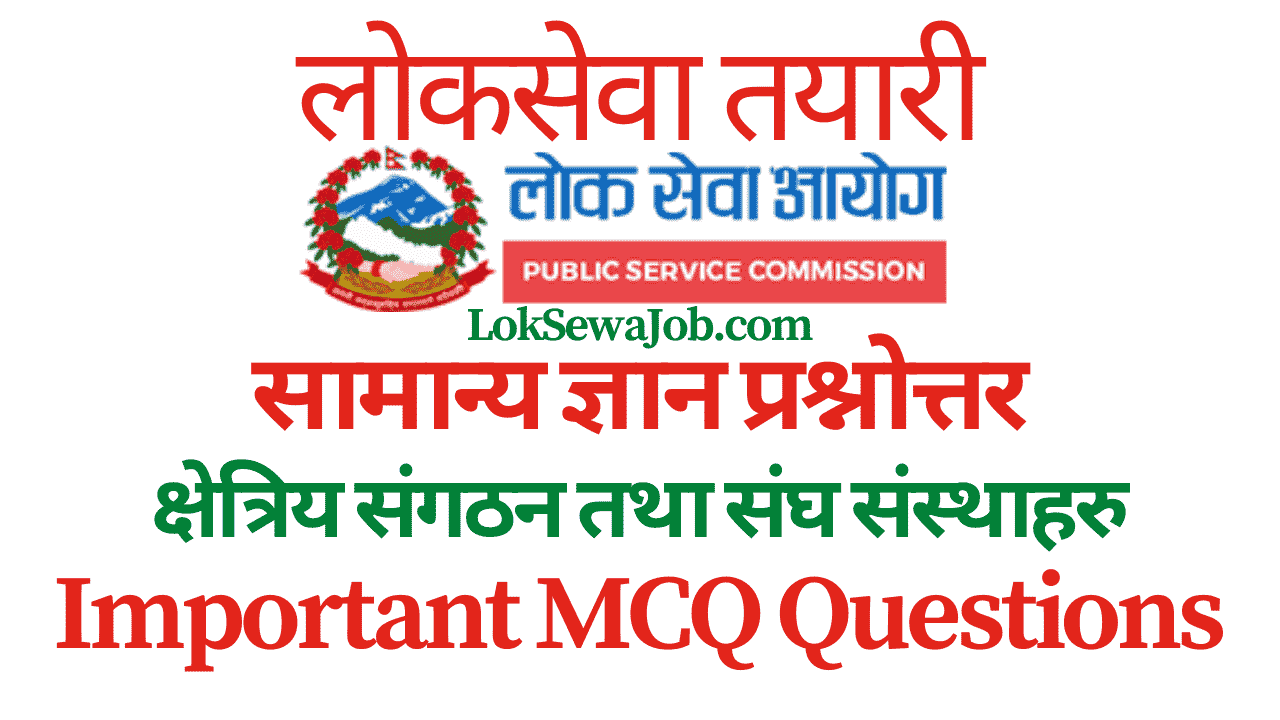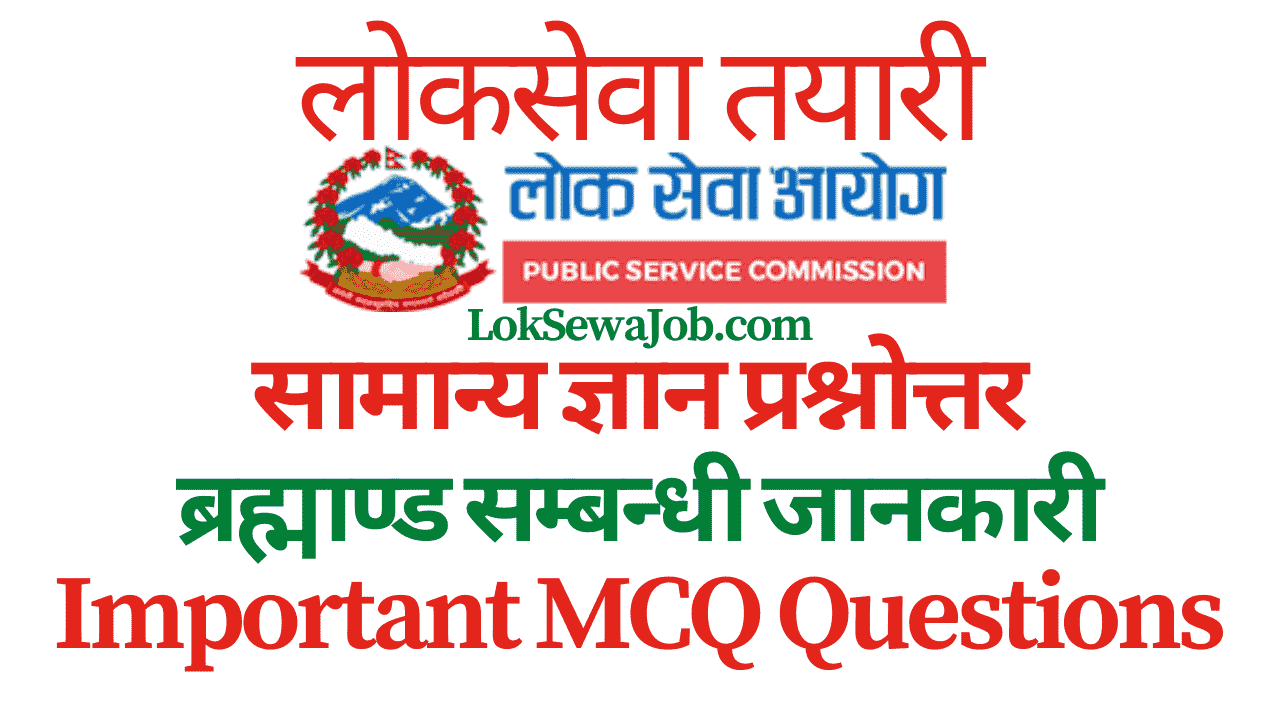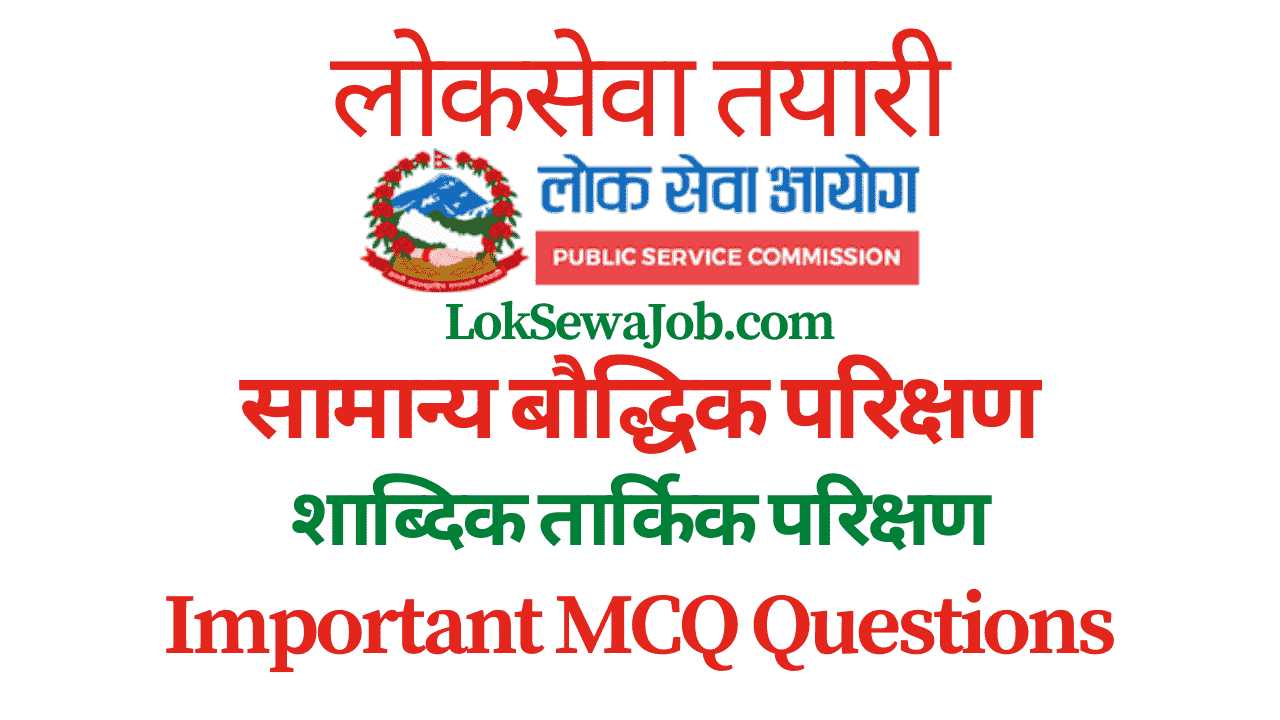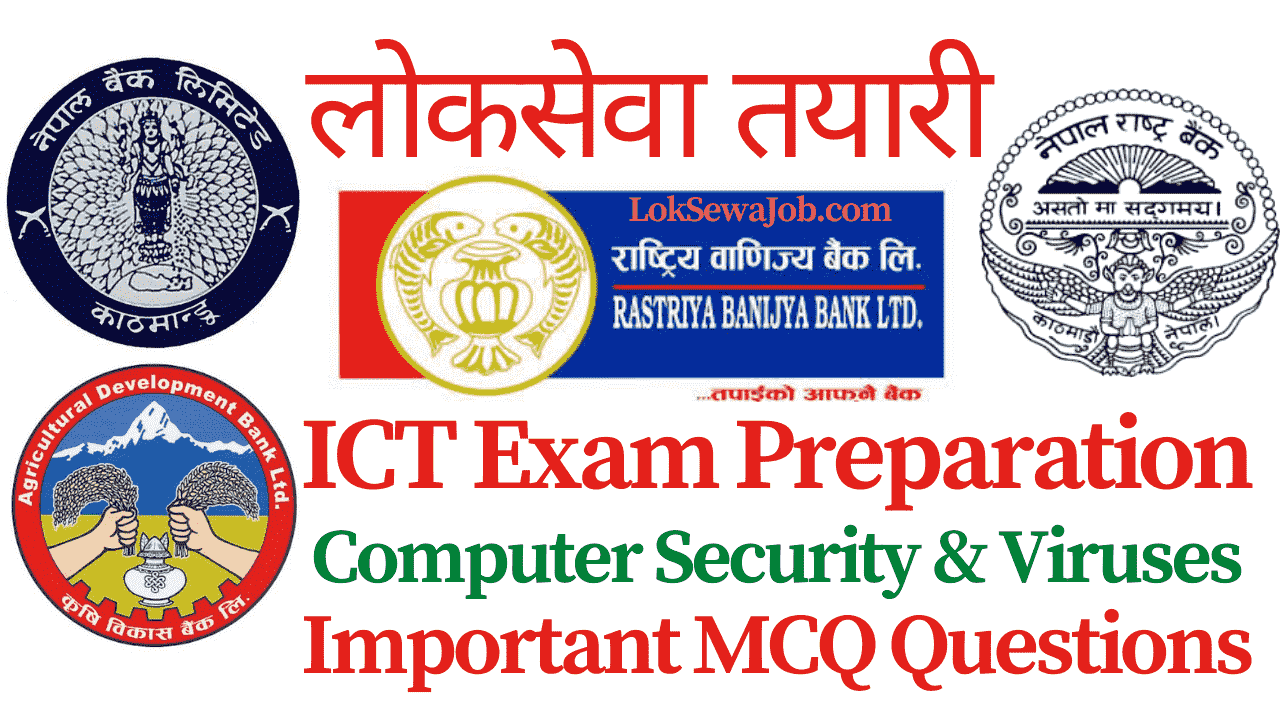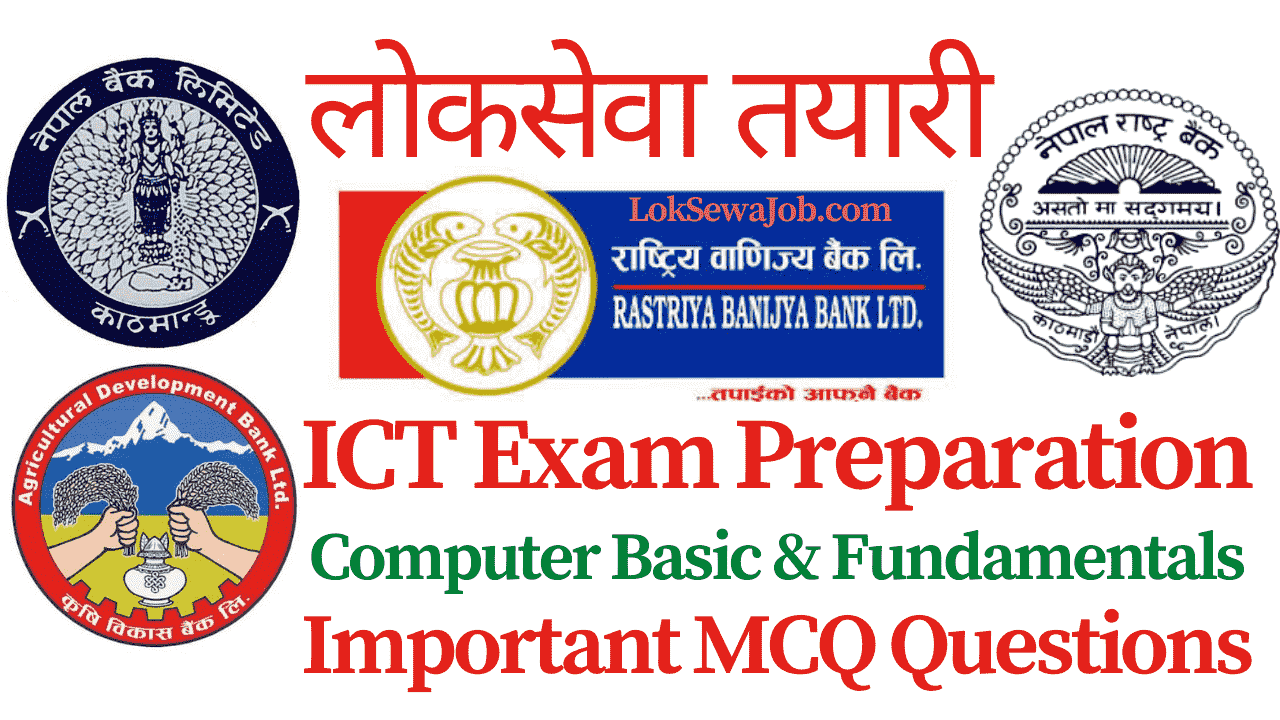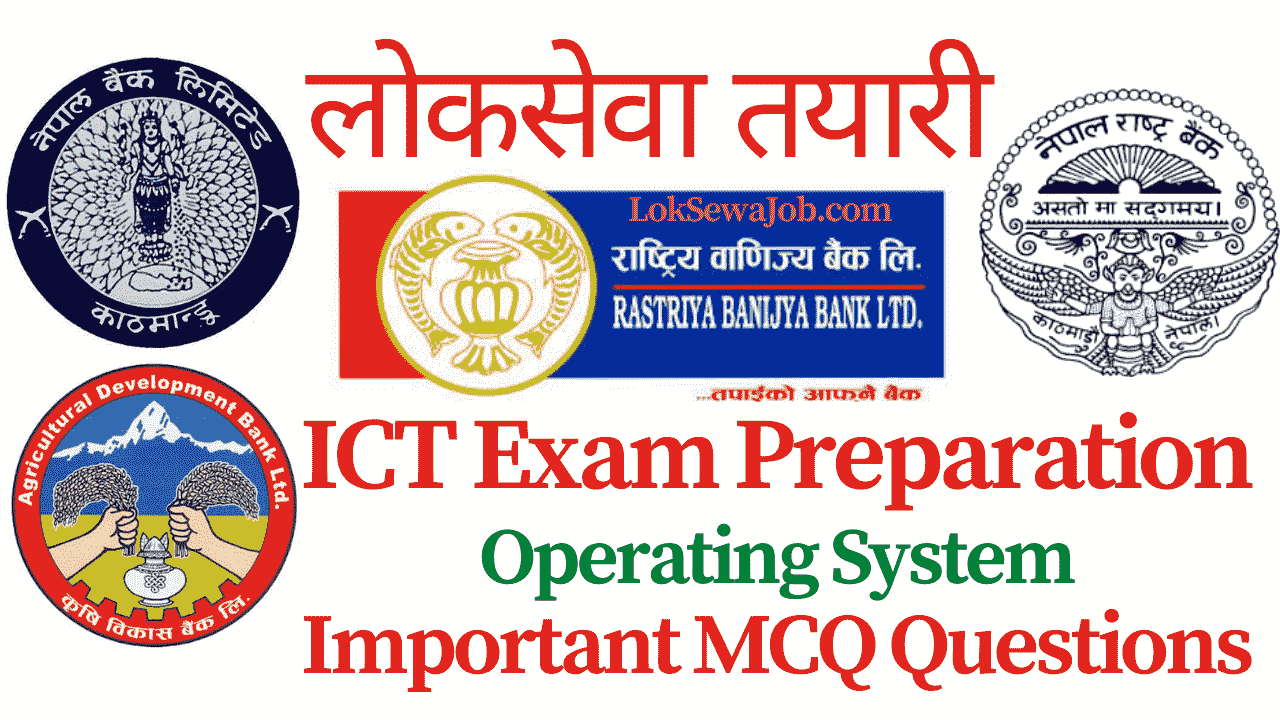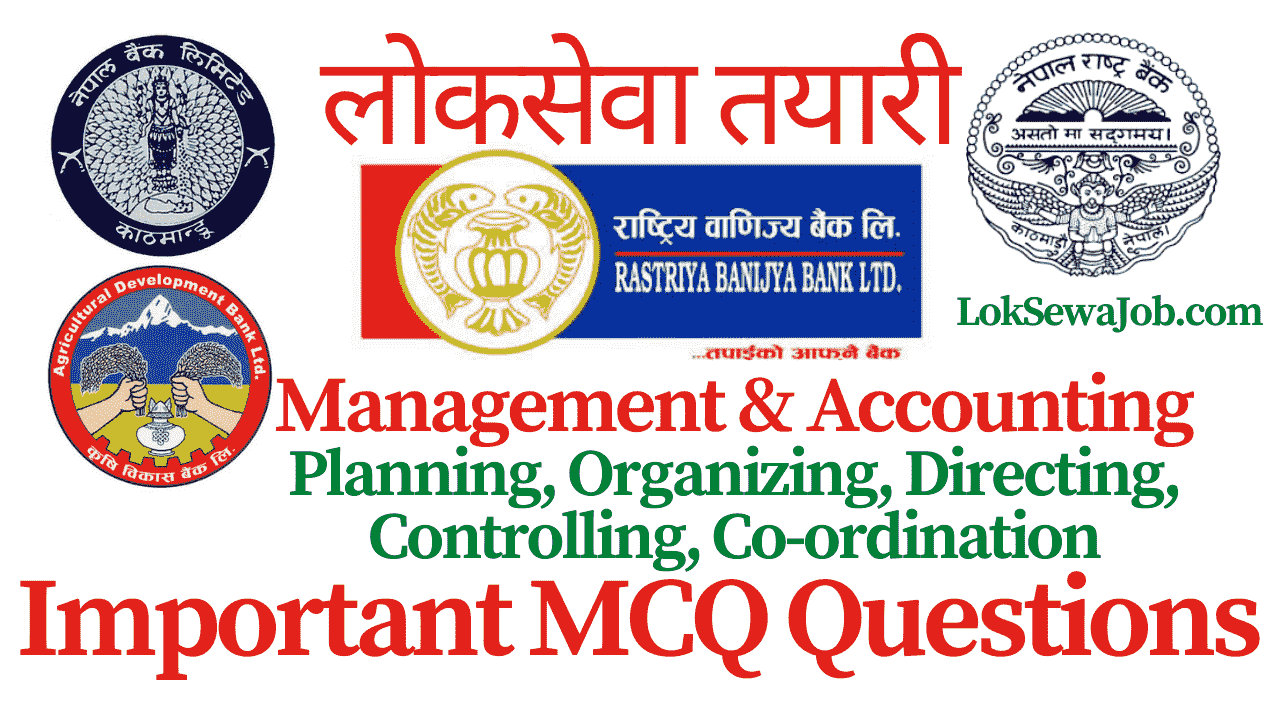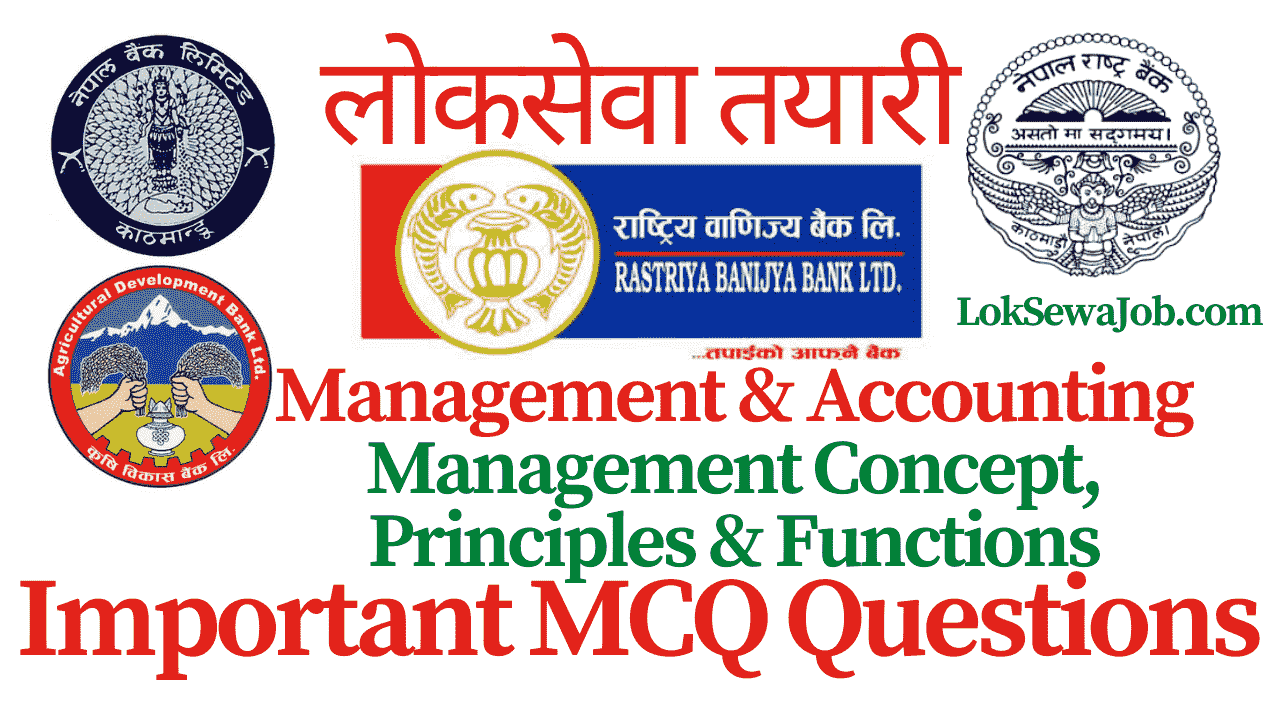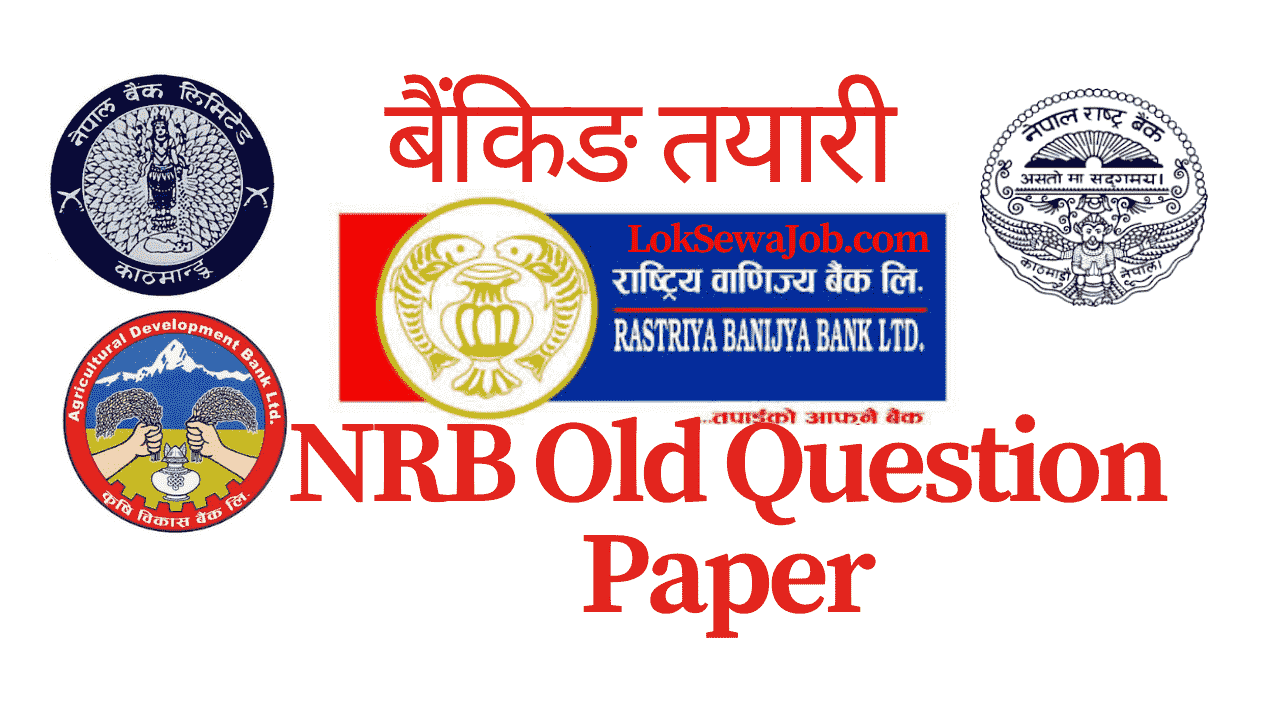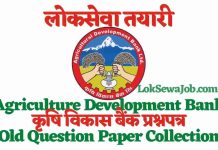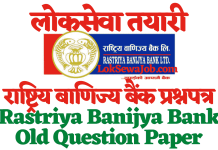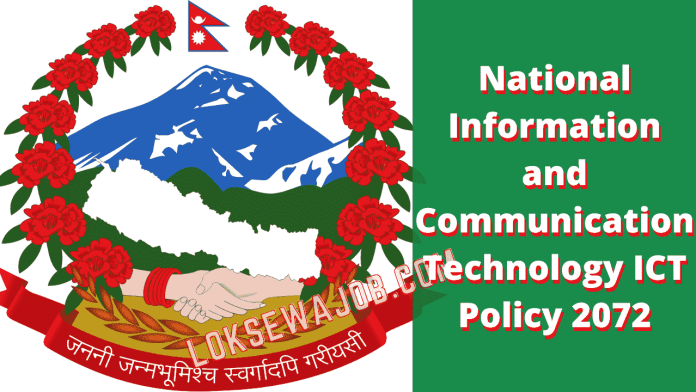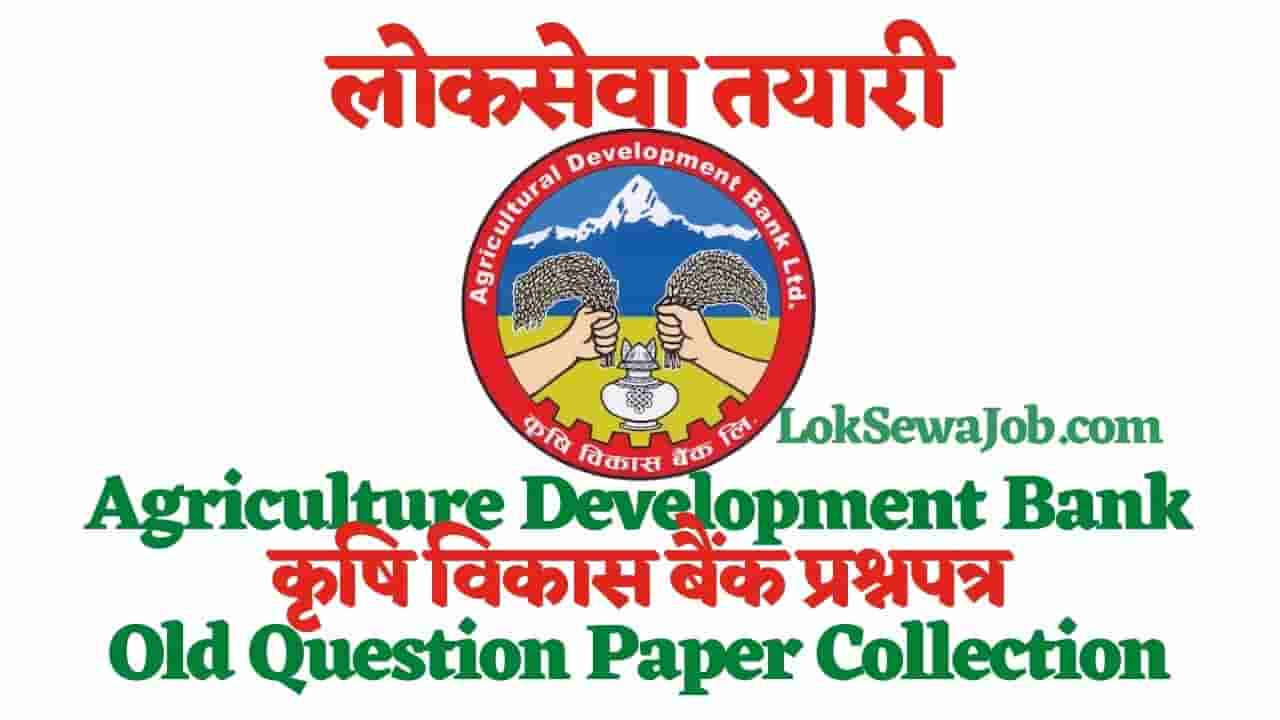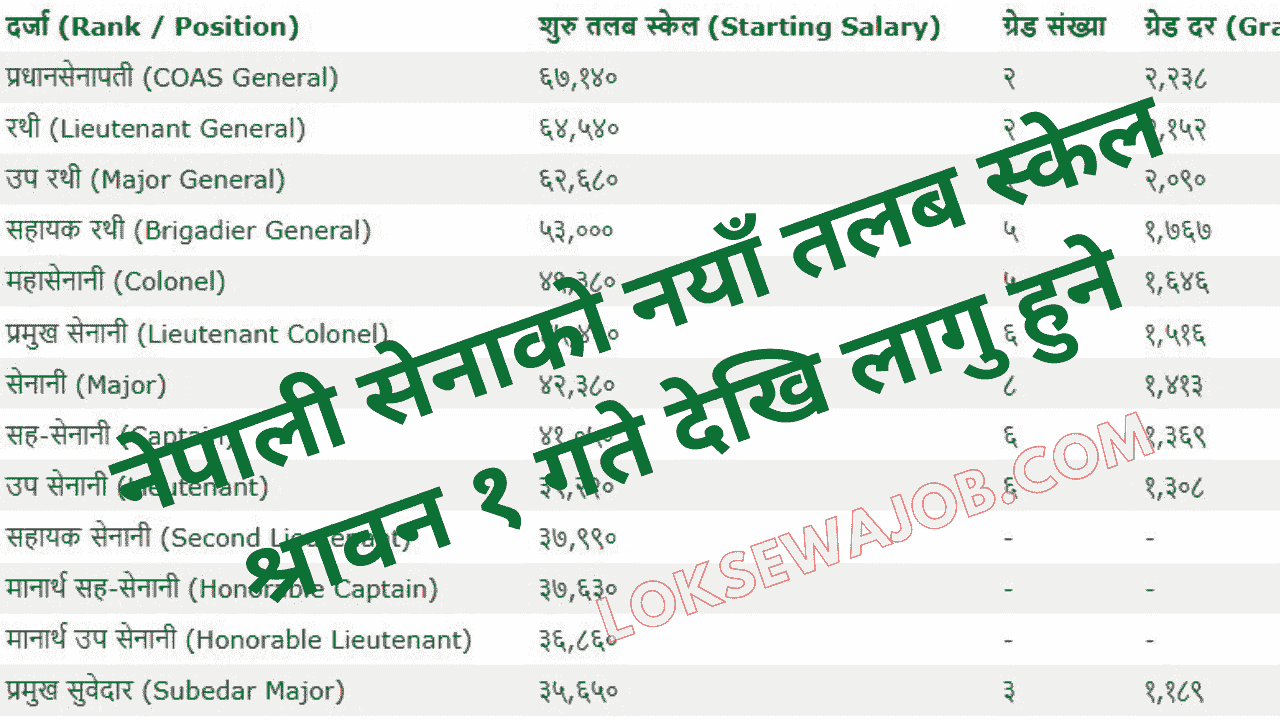Recently updated on June 29th, 2022 at 07:59 am
Previously, Information Communication Technology ICT was generally considered as a lavishness and was not regarded as the probable option for making development policies where other needs, such as construction of roads and building hospitals and providing drinking water, etc. were considered more urgent needs. The Government of Nepal has placed a great deal of importance on transformative potential of ICTs and positioning these technologies within the larger context of its far reaching developmental aspirations premised around poverty reduction as an overarching goal.
You can also read about New Salary Income Tax Rate in Nepal for Married and Un-Married
Among others, ICTs hold the potential to help create conditions for better governance, with more transparent and efficient bureaucracies. Similarly, ICTs can help address structural problems in education systems enabling expanded access to education services as well as help bridge quality gaps in education. ICTs can also significantly improve the health sector by enabling expanded outreach to health care services and driving efficiency through the system
Guiding Principles of the Proposed ICT Policy of Nepal 2072 (2015)
- This policy is intended to create foundational groundwork for an overarching vision of “Digital Nepal”. As per this vision, Information and Communication Technology will be a key driving force in transforming Nepali society into knowledge and information based society and strengthening Nepal’s pursuit of equality and sustainable growth by leveraging Information and communication technology.
- The implementation of this policy will be Government-led and Private Sector-driven. Public-Private Partnerships (PPP) shall form one of the bases for implementation of this policy especially in matters and projects of national character and importance. Government shall take leadership mainly in facilitating the mobilisation of investment and resources required for development of national telecommunications infrastructure backbones with particular focus on expanding access to broadband, as well as the full implementation of this ICT Policy.
- This policy is primarily designed to guide and mainstream the use of ICTs in all sectors of the Nepalese economy within the overall context of socio-economic development and poverty reduction agenda pursued by the country.
- In order for this policy to make meaningful impact on social and economic development of the country, the policy goals, objectives and strategies shall also be linked with the overall national developmental objectives, priorities and programmes such as the periodic development plans formulated by National Planning Commission. This policy will therefore form a basis for all sectors to draw their respective ICT strategies from.
- Infrastructural synergies shall be promoted while upgrading existing and developing new infrastructure such as roads and electric power and facilitating cost effective roll-out of telecommunications and broadband infrastructure aimed at supporting the goals of the policy.
- This policy shall be supported by appropriate legislation/directives aimed at effective separation of roles and responsibilities for policy formulation/guidance, regulation and operation in order to ensure transparent and effective regulatory functions based on emerging trends of convergence and establish institutional mechanisms for policy implementation.
- The implementation of this policy shall take into account relevant regional and global strategies and best practices in transforming the nation into a knowledge based society by cultivating strong linkages with the UN Millennium Development Goals (MDGs), WSIS beyond 2015, WTO, Broadband Commission, UN-ESCAP, post 2015 sustainable development agenda etc.
- Nepal will continue to uphold the principle of freedom of expression on the Internet and net neutrality.
- The policy intends to promote platform neutral services in e-governance
Goals of Information and Communication Technology ICT Policy of Nepal 2072 (2015)
- Nepal will strive towards enhancing overall national ICT readiness with the objective of being at least in the top second quartile of the international ICT development index and eGovernment rankings by 2020
- At least 75 percent of the population will have digital literacy skills by the end of 2020.
- A universal broadband access to all people on an equitable basis will be in place. By 2020, 90 percent of the population will be able to access the broadband services.
- The role and significance of ICT industries and services (including telecom services) will increase in the Nepali economy with ICT value added (including digital content and service industry) accounting for at least 7.5% percent of GDP by 2020.
- Apex level institutional arrangement will be restructured to effectively drive ICT agenda in the country in the light of emerging technological and application trends shaping the sector. Along these lines, Ministry of Information Technology and Communication Technology will be restructured and re-named as the Ministry of Information Technology and Communication. A detailed Organization & Management study will be carried out with a view to restructuring the Ministry within the year 2016 in order to effectively respond to evolving nature of the sector. Ministry of Information Technology and Communication will be the focal Ministry for all ICT related matters.
- The jurisdiction of Nepal Telecommunications Authority will be expanded to secure complete alignment with policy provisions outlined in this document. Along these lines, Nepal Telecommunications Authority will be renamed Nepal Communication Authority and its areas of operation restructured accordingly.
- By 2020, entire population of Nepal would have access to internet.
- 80% of all citizen facing government services would be offered on line by 2020.
- e-Procurement will be promoted as means of driving transparency through government procurement processes covering all public procurement of goods and services irrespective of cost and volume of such procurements by 2018.
- G2G implementation would be promoted with a view to achieving complete automation of the operations of land administration, revenue administration and management, vital registration, passport and citizenship certificate services by 2020.
- Broadband access will be expanded across the country with the goal of achieving a broadband Internet user penetration rate of 30% at a minimum of 512kbps and making available at least 10 Mbps download speed on demand in urban areas by 2018.
- Special funding arrangements will be developed and implemented within 2018 to support innovation and incubation of on-line businesses and start-ups.
Objectives of National Information and Communication Technology ICT Policy of Nepal 2072 (2015)
- To empower and facilitate Nepal’s participation in the Global Knowledge Society
- To transform Government service delivery regime by promoting transparency, efficiency, inclusiveness and participation through effective utilization of information and communication technologies
- To promote ICT to further productivity among the sectors that is key drivers of the national economy
- To foster efficient, inter-operable, secure, reliable and sustainable national ICT infrastructure in alignment with grass-root needs, and compliant with regional and international standards
- To promote research and innovation on the role of ICT on the resilience of low-income communities amid potential environmental, economic and social shocks
- To further streamline clear strategies and obligations for licensed ICT service providers with respect to universal access/service goals and Quality of Service (QoS) and ensure cost- effective connectivity to ICT services such as Internet, E- Commerce and E-Government services
- To promote cost-effective and qualitative last-mile access technologies for providing secure access to internet including commercial and public information services, eGovernment applications by communities (including the disadvantaged and physically challenged) especially in rural and underserved areas
- To create easily accessible, affordable and innovative public access points under a comprehensive eCommunity/ Village network initiative
- To create a favorable environment for cooperation and partnership in ICT among public and private sectors, civil society, and between all stakeholders at local, national, regional and international levels.
- To increase the institutional capacity along infrastructure and human resource dimensions in public and private educational institutions including schools, colleges/ universities that offer ICT courses and use ICTs for pedagogical purposes
- To create a conducive environment for increasing annual enrolment and output of students in key professional skills areas such as telecommunications/electronics engineering, computer science/IT, etc. and promote market driven skills development initiatives in ICT
- To deploy ICTs at all levels of Nepali educational system in order to improve educational outcomes while expanding access to education and training facilities
- To support local and indigenous content development as well as applications targeting the capturing, archiving and dissemination of local and indigenous knowledge, content and information resources as well as the promotion of diverse linguistic and cultural heritage of Nepal
- To facilitate the participation of youths and women in ICTs particularly in media and content development initiatives
- To address gender-based inequalities and promote gender-sensitive measures to encourage the active participation of women in national and community-based ICT initiatives
- To promote the use of free and open source software as well as open standard in software development for government agencies
- To create an innovative, market responsive, highly competitive and well regulated ICT industry
- To promote joint venture initiatives for local entrepreneurs with international private investors in the provision of public ICT goods and services in order to catalyze the growth of the sector
- To help develop ICT business incubators and promote start-up projects in close coordination with the private sector through the creation of a supportive eco-system
- To create a favourable business environment and promote Nepal as an attractive destination for ICT-related investments, especially in the area of IT-ITES/BPO, within the region and on the international market
- To restructure the ICT market and technological base with a view to making the ICT sector a significant contributor to the social and economic development of the country
- To create conditions for intensified roll-out of national telecommunications infrastructure backbone as a way to expand broadband based ICT services across the country
- To ensure an integrated, coordinated and synergistic approach towards the development and deployment of ICTs including other supporting physical infrastructure such as electricity and transport infrastructure
- To minimize duplication and costs through infrastructure sharing among public and private sector investment projects and to create an efficient and cost-effective Government-wide communications network infrastructure linking national, provincial and district administration
- To facilitate regional economic integration by utilizing regional and international telecommunications infrastructure projects and Asian Information Superhighway infrastructure initiatives
- To safeguard public sector information and investment against negative impacts of deploying and using ICTs
- To promote a stable, fair and competitive investment climate to facilitate the development of e-Trade and E-Commerce activities in the country
- To develop a highly competitive ICT industry capable of serving as the engine for driving Nepal’s active participation in global trade
- To facilitate the adoption of E-Commerce especially by SMEs in agriculture, tourism, and manufacturing as well as non-traditional exports to ensure productivity and growth
- To increase the competitiveness of farmers in production, processing and marketing of agricultural products and services through the effective and outcome oriented utilization of ICTs
- To promote the development of ICT entrepreneurs at SME level as part of the rural agro- business industry development and strengthen the development, application of ICTs in agriculture
- To improve communication systems across the country especially in areas of touristic interest to support tourism development in the country
- To use ICTs in the documentation, promotion and effective marketing of the full potential of Nepal’s world class and niche tourist destinations to the local, regional and international market
- To ensure that all ICT related activities have very minimal negative environmental impact during construction, operation and disposal/de-commissioning
- To conserve natural resources and safeguard Nepal’s heritage using ICT tools
- To support the development of mid-to-long term basic planning that provides policy direction and tasks for e-Government
- To support formulation of development strategy for ICT converged services to support and plan for mid-to-long term resolution for overcoming the digital divide
- To ensure all installed ICT infrastructure and capacity is utilized effectively and contributes to resilience and redundancy
Strategies for Information and Communication Technology ICT Policy of Nepal 2072 (2015)
- Human Resource Development
- ICT in Education, Research & Development
- Access, Media and Content
- ICT Industry
- ICT for Government service innovation and good governance
- SMEs and e-Commerce
- Telecommunications infrastructure
- Convergence of Telecommunication, ICTs and broadcasting
- ICT in agriculture
- ICT in Health
- ICT in Tourism
- Telecommunication/ICTs in mitigating the impact of climate change
- ICT in environment and natural Resources
- Telecommunication/ICTs for natural disaster preparedness, mitigation and relief
- Human exposure to Electromagnetic fields and safe disposal of electronic waste
- Conformance, Interoperability and Standards in telecommunications/ICT
- Cloud Computing
- Access to telecommunications/ICTs in rural and remote areas
- Access to Telecommunications/ICT services for persons with disabilities and specific needs
- ICTs for Youth, women and girls
- Building confidence and Security in the use of ICTs
Implementation of ICT Policy of Nepal and Strategy Framework
A National Information and Communication Technology Policy Implementation Steering Committee will be formed at the Ministry of Information Technology and Communication with the following structure.
| Hon. Minister, Ministry of Information and Communication Technology | Chairperson |
| Member, National Planning Commission | Member |
| Secretary, Ministry of Education | Member |
| Secretary, Ministry of Health | Member |
| Secretary, Ministry of Agriculture | Member |
| Secretary, Ministry of Finance | Member |
| Secretary, Ministry of Local Development | Member |
| Secretary, Ministry of Information and Communication | Member |
| Chairman, Nepal Telecommunications Authority | Member |
| Representative Private Sector / Domain Expert | 2 Members |
| Joint-Secretary (Policy and Programme), Ministry of Information and Communication | Member-Secretary |
The primary role of Information and Communication Technology Policy Implementation Steering Committee is to provide overall coordination support for the effective implementation of policy provisions along with monitoring and evaluation of policy interventions.
Download Information and Communication Technology ICT Policy of Nepal 2072.

